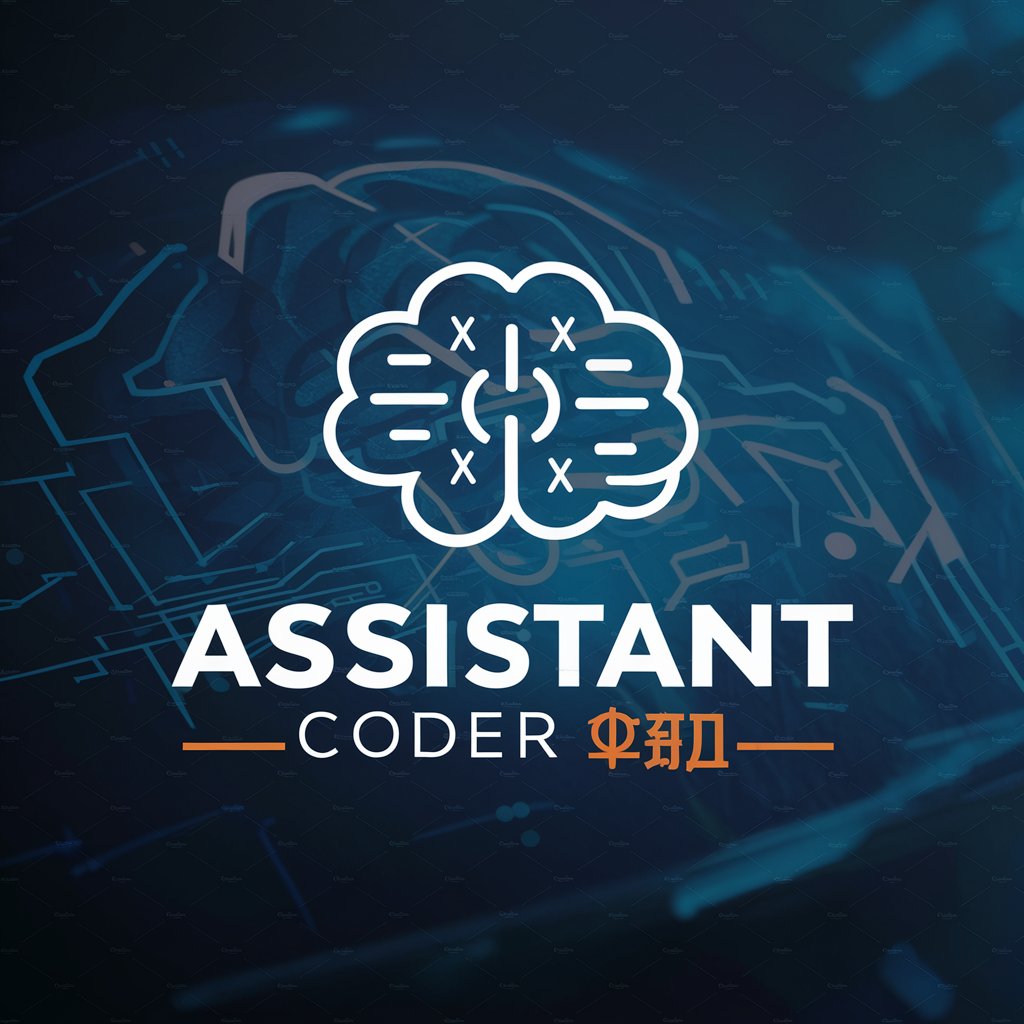Septic - Septic System Assistance

Hi there! Need help with your septic system?
AI-powered septic system insights.
What are the signs of a failing septic system?
How often should a septic tank be pumped?
Can you explain how a septic system works?
What should I do if my septic system is backing up?
Get Embed Code
Introduction to Septic
Septic, as a specialized GPT model, is designed to provide expert knowledge and guidance on septic systems, focusing on wastewater treatment and maintenance. It offers insights into the workings of septic systems, troubleshooting tips, and advice for proper maintenance practices. Designed to assist a wide range of users from homeowners to professionals, Septic aims to demystify the complexities of septic systems through accessible information. For instance, explaining the process of bacterial breakdown within a septic tank or guiding a homeowner through the steps of identifying and resolving issues like slow drainage or odors, embodies the practical application of Septic's capabilities. Powered by ChatGPT-4o。

Main Functions of Septic
Troubleshooting Common Issues
Example
Guiding users through diagnosing and solving problems such as backups, odors, and system failures.
Scenario
A homeowner notices an unpleasant odor in their backyard. Septic helps identify potential causes, such as a full septic tank or a blockage in the system, and suggests immediate steps and preventive maintenance tips.
Maintenance Advice
Example
Providing scheduled maintenance tips to prevent issues and extend the life of septic systems.
Scenario
Septic advises on the frequency of septic tank pumping, inspection routines, and the importance of conserving water to reduce the load on the system, tailored for a newly installed system or an older, existing setup.
Educational Information
Example
Offering detailed insights into how septic systems work, including the biological and mechanical processes involved.
Scenario
For a user planning to switch from a municipal sewer system to a septic system, Septic offers a comprehensive overview of different types of septic systems, their installation process, benefits, and considerations.
Ideal Users of Septic Services
Homeowners
Individuals or families owning or living in properties with septic systems, who seek to understand and manage their wastewater treatment effectively, ensuring system health and avoiding costly repairs.
Real Estate Professionals
Agents and property managers who need to provide accurate information about septic systems to buyers, sellers, or tenants, including system functionality, maintenance requirements, and troubleshooting common issues.
Environmental and Public Health Professionals
Experts focused on sustainable waste management practices and public health who benefit from understanding septic system design and maintenance to advise on environmental protection and compliance with health regulations.

How to Use Septic
1
Begin by accessing yeschat.ai to explore Septic's features through a free trial, no sign-up or ChatGPT Plus subscription required.
2
Identify your specific needs or issues related to septic systems, such as maintenance advice, troubleshooting, or system design insights.
3
Utilize the provided text box to input your query. Be as specific as possible to ensure the most accurate and helpful response.
4
Review the guidance and tips offered by Septic, applying the advice to your septic system situation.
5
For complex issues or queries, don't hesitate to ask follow-up questions for further clarification or more detailed advice.
Try other advanced and practical GPTs
Web Article Translator
Translate articles accurately, retaining original format.

King June
Elevate Your TradingView Scripts with AI

DevGPT
Empowering developers with AI-driven coding support.

Prolog Helper
Empower your Prolog programming with AI.

Coder Genie
Empowering Your Coding Journey with AI

Assistant Coder 🔥 Build Autonomous AI Assistants
Empower your projects with AI assistance.

Photomath
Solve math problems with AI precision

Amelia
Empower your insights with AI.

Product Owner
Streamlining Project Management with AI

Short Form Video Creator
Craft engaging short videos with AI

FREE Keyword Extraction Tool For Print Companies
AI-Powered Print Industry Insights

Analyzing ad creatives
Elevate Your Ads with AI-Powered Insights

Septic Q&A
What is Septic and how can it help me with my septic system?
Septic is an AI-powered tool designed to provide detailed information, advice, and troubleshooting assistance for septic system owners and professionals. It can help you understand how your system works, identify and fix problems, and learn best maintenance practices.
Can Septic provide advice on installing a new septic system?
Yes, Septic offers guidance on septic system design and installation, including considerations for size, type, and location. However, it's recommended to consult with local experts and regulations for specific requirements.
How often should I have my septic tank pumped, according to Septic?
Septic recommends septic tanks be pumped every 3 to 5 years, but this can vary based on the size of your tank, the number of people in your household, and your water usage habits. Regular inspections can help determine the best pumping schedule for your system.
What are some common signs of septic system failure that Septic can help identify?
Common signs include sewage backup in your home, foul odors outside, unusually green or lush grass around the drain field, and standing water or soggy soil in your drain field area. Septic can provide troubleshooting tips for these issues.
Can Septic help me understand local septic regulations?
While Septic can offer general advice on septic system care and maintenance, it encourages users to consult local health departments or environmental agencies for specific regulations and requirements in their area.
